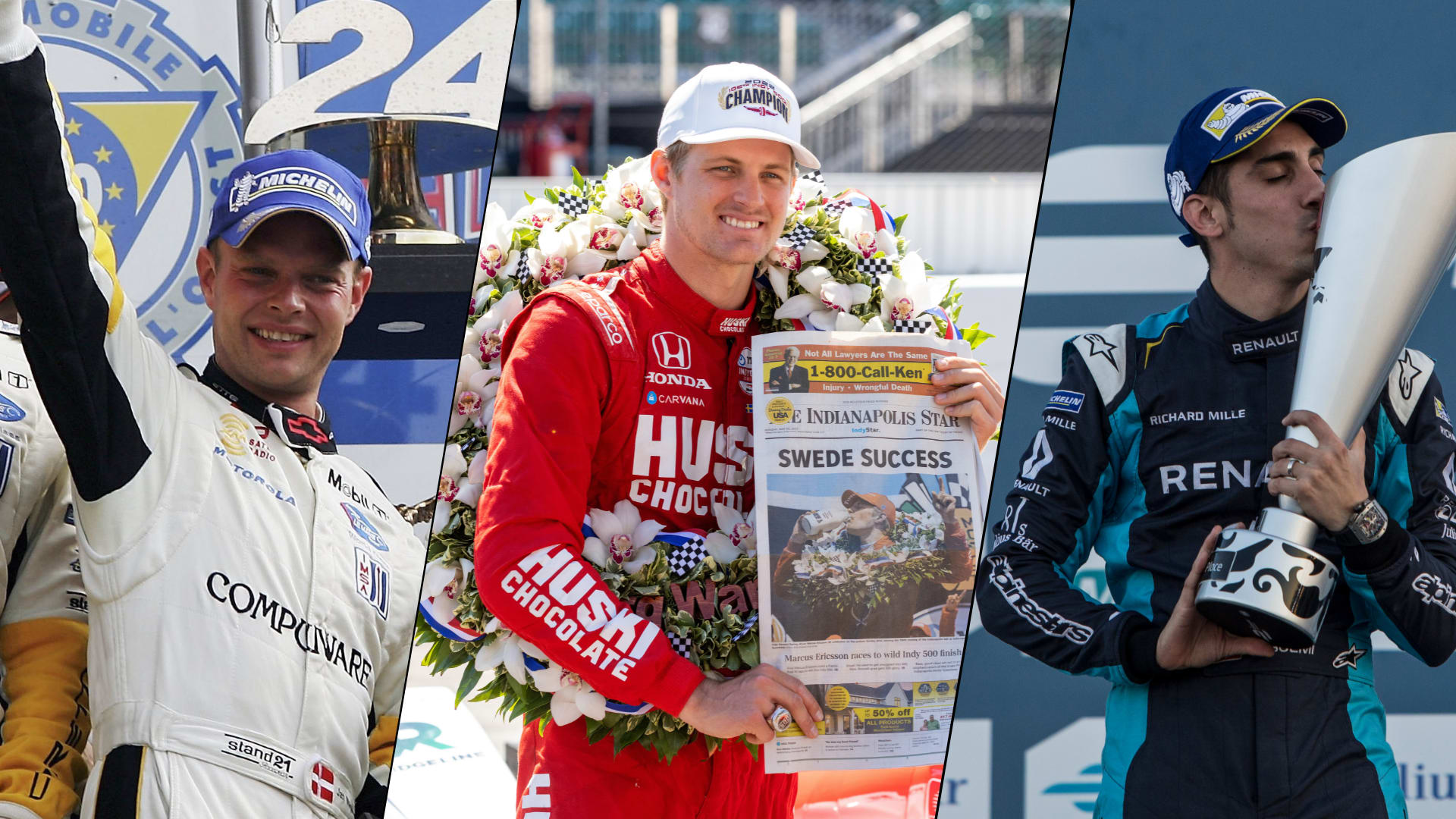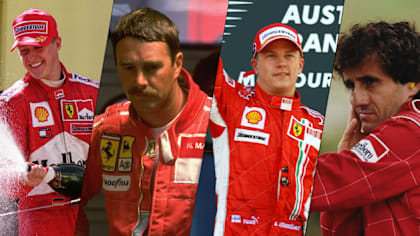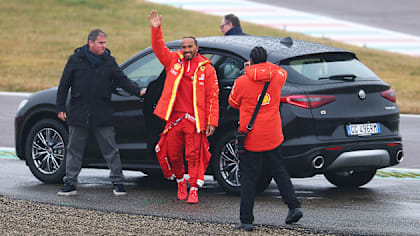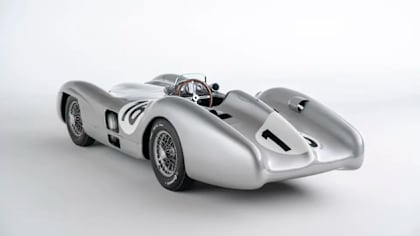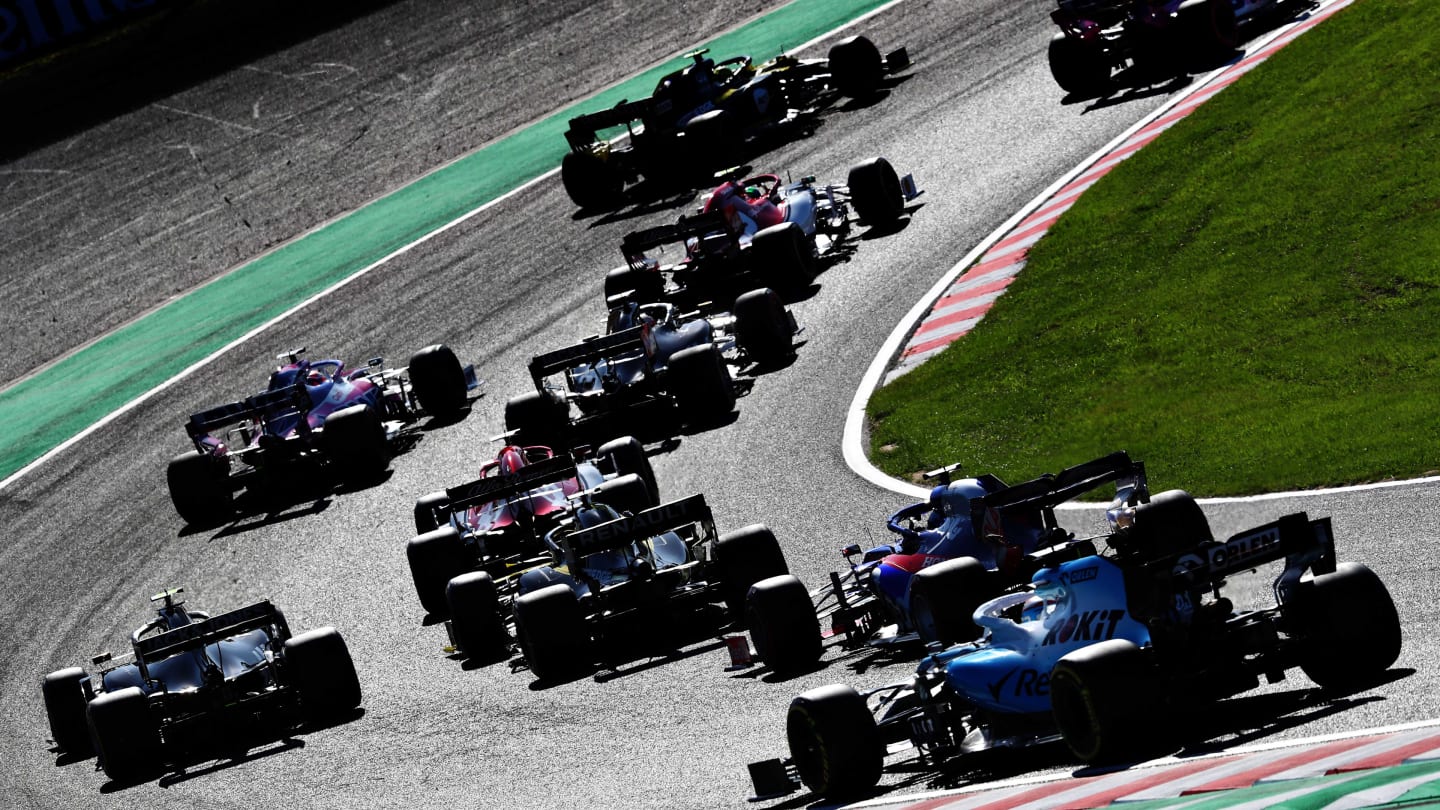
News
No reverse-grid qualifying races in 2020, confirms Brawn
Share

Qualifying looks set to retain the same format next season after a lack of unanimous agreement amongst teams over whether to trial a small number of reverse-grid qualifying races.
As clarified by F1 motorsport boss Ross Brawn recently, discussions had been opened about experimenting with changes to the qualifying format with the aim of making a Grand Prix weekend a little less predictable.
However, while the plans were met with support from the majority of teams, there were two who objected to any changes.
“The current governance system means we need unanimity to carry any decisions through to next year,” explained Brawn. “The teams initially said they would agree with it and then two teams put their hand up at the last meeting and said they wouldn’t agree with it.
The drivers were a little bit nervous, which I can understand, but we were just asking for the opportunity for three races to try the format
Ross Brawn
“We wanted to try a small number of races in 2020, a different format where, on a Saturday it was a reverse-grid format based on championship order and that short-format race would determine the grid order for the final race.
“I thought it was a fascinating contest. And the drivers were a little bit nervous, which I can understand, but we were just asking for the opportunity for three races to try the format.
“If it doesn’t work, we put our hands up; if it does work, great. If it’s something in between, we can work with [that] just to help us develop the format of racing, and it’s frustrating that we’ve not been able to do that but I think that’s – unfortunately – the classic problem with Formula 1.”
YOU MIGHT ALSO LIKE
News Miami Grand Prix introduces One-Day Grandstand tickets for 2025
Feature 5 Ferrari moves that paid off – and 5 that didn’t – as Hamilton embarks on his new chapter
Image Gallery GALLERY: Hamilton pictured driving a Ferrari F1 car for the first time at Fiorano
News Iconic Mercedes F1 car driven by Fangio and Moss goes up for auction
